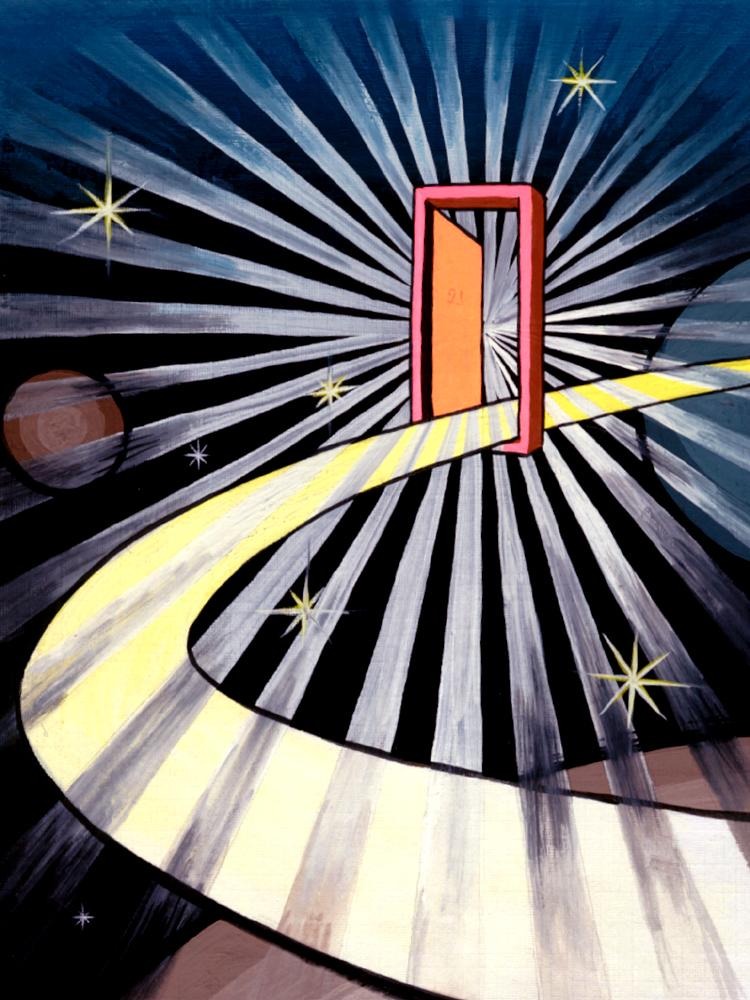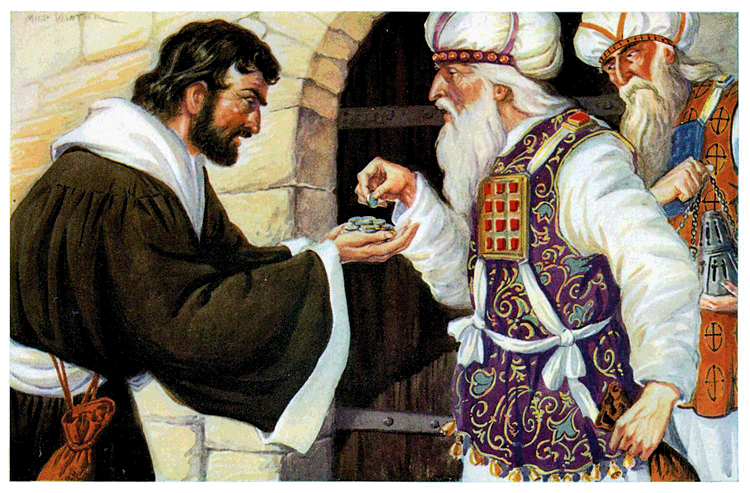Matthew 7:24–27, House on the Rock. What is Yeshua saying here? The Bible equates Torah with wisdom (e.g. Deut 4:5–6; Ps 111:10; Prov 2:6). Therefore, a wise man is one who walks in the Torah. The same man will be called “greatest in the kingdom of heaven” (5:19), referring to one who keeps the Torah-commandments of Elohim and teaches men to do them, whereas the one who rejects Torah the Messiah Yeshua will reject him (verse 23).
A “house” in Hebrew thought is a reference to the temple of Elohim (1 Chr 6:48; 9:13, 26, 27; 22:2; 23:28; 28:21; 2 Chr 4:19; 5:1; Ezr 4:24; Is. 2:3; Matt 12:4; Mark 2:26) that was built upon Mount Moriah (originating from the Hebrew word moreh meaning “to teach”) from which the Torah-law (the righteous teachings or instructions) of Elohim was to go forth to the nations (Isa 2:3; Mic 2:4). We know from the Testimony of Yeshua that the saints are called the spiritual temple (or house) of Elohim (1 Tim 3:15; Heb 10:21; 1 Pet 4:17; 1 Cor 3:16; 6:19; 2 Cor 6:16; Eph 2:21). What we see here is that the “teachings” or “instructions in righteousness” (i.e. the Torah) of YHVH go forth from the temple or house of Elohim located on Mount Moriah for the benefit of the spiritual house or temple of the saints. Clearly stated, Yeshua is saying that the Torah-law of Elohim is for redeemed believers today during the so called “Church Age.”
The “rock” is a clear reference to Yeshua (Ps 18:31,46; 78:35; Rom 9:33; 1 Pet 3:8). He is a Rock and a House (Ps 31:2). He was the Rock in the wilderness from which the water of life flowed and that followed them (referring to the pillar of fire over the Tabernacle of Moses; 1 Cor 10:4; John 4:13–14). He was the Rock that is the Creator (Deut 32:18). As the Rock of Israel, his work was perfect and all of his Torah-ways (instructions, precepts, teachings in truth and righteousness) are judgment and truth (Deut 32:4). He is the Rock of Israel’s salvation (Deut 32:18; Ps 62:2,6; 89:26; 95:1). In Jacob’s dream of a ladder to heaven (which we discussed above), the rock or stone upon which Jacob rested his head and from which the ladder to heaven ascended is mentioned several times (Gen 28:11, 18, 22). This is a clear reference to Yeshua. He is the Stone that the builders rejected and which has become the Head of the corner (Ps 118:22). He is the Stone of stumbling and the Rock of offense (Isa 8:14), and he is the Stone that was laid in Zion for a foundation a stone, a tried stone, a sure foundation (Isa 28:16). Yeshua is the Torah-Word of Elohim made flesh ( John 1:1, 14), and as we have already seen, he was the one who spoke out the Torah-instructions in righteousness to Israel at Mount Sinai. And upon what were those instructions written? Upon two tablets of stone.
So how could we summarize what Yeshua is teaching in his parable about the house on the rock? Does it give us any insights into how he viewed the Torah-law of Elohim that was given to the Israelites at Mount Sinai? Was Yeshua negative in his view of the Torah? Was he indicating that it would be replaced with another (new) law for his disciples—one that would supersede the Torah? Or as Paul the apostle said in the book of Romans, “Do we make void the Torah of Elohim by faith?” (Rom 3:31 cp 6:15). We all know Paul’s immediate response in the same verse to his rhetorical question. “Elohim forbid!” Yeshua’s teaching of the house on the rock validates the Torah and therein he states clearly that the man whose spiritual house is not built on Torah is a foolish man and that his house will fall. Such individuals will be the ones who will hear the words of Yeshua, the Living Torah, on judgment day, “Depart from me, you that work Torahlessness. I do not know you” (Matt 7:21–23). This warning is totally consistent with Yeshua’s words of Matthew 5:17–19 where he forcefully upholds the legitimacy of the Torah of Elohim. In Yeshua’s Sermon on the Mount (Matt 5–7), he nowhere contradicted himself, nor deviated from his core teaching of upholding the Torah—the instructions, teachings, precepts in righteousness of Elohim, which was had been the standard of righteous living that ruled both the national life of Israel and that of the individual. Yeshua, Paul the apostle along with numerous other biblical writers affirm over and over again that Elohim’s standards of righteousness never changed for ancient Israel (and for all humans), and never will change to this day.





